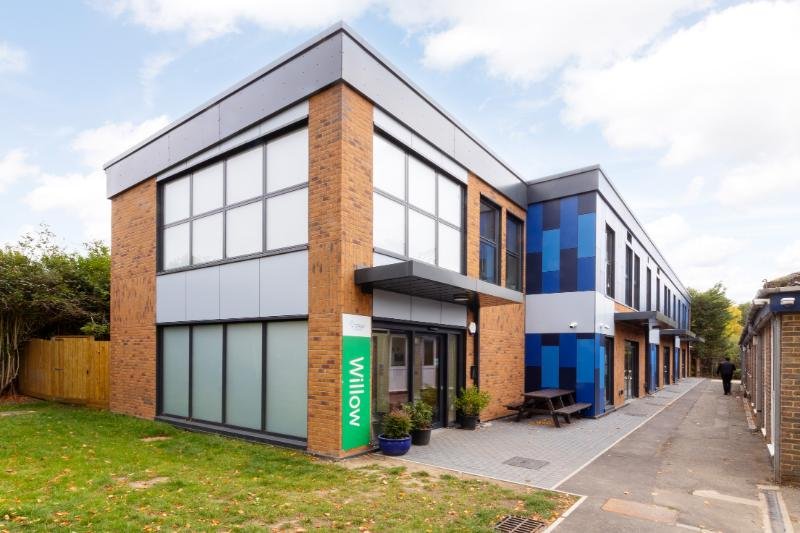School Condition Allocation (SCA)
Taking a strategic approach to managing your estate
We work with clients who are eligible for the School Condition Allocation (SCA) to understand your estate and prioritise work in order of urgency, need and how well it meets your educational objectives.
Considering both structural and energy efficiency requirements we can help develop estate strategies with a clear roadmap and understanding of the costs and work needed.
What is the School Condition Allocation?
The Department for Education (DfE) allocates annual funding to help maintain and improve the condition of school buildings and grounds. Schools are either part of bodies eligible to receive formulaic funding or must bid for funding from the Condition Improvement Fund (CIF) depending on their size and type.
School Condition Allocation is awarded to local authorities, large multi-academy trusts and larger VA school bodies. They receive it directly to invest in priorities across the schools for which they are responsible for. To receive direct SCA, multi-academy trusts and VA bodies must have met both eligibility criteria:
the Trust or VA body must have had 5 or more open schools at the start of September 2023
those open schools (or their predecessor schools) must have had at least 3,000 pupils counted in the spring 2023 census or the 2022 to 2023 individualised learner record (ILR)
Whether you are new to receiving SCA or are looking for some new ideas, we can help take a fresh look at how you are managing your estate.
Our strategic approach will provide the confidence that you are managing resources efficiently in times where capital may be scarce while also being ready should an injection of funding materialise.
For more information on our MAT School Condition Allocation (SCA) services, and how we can support your academy or MAT, please call 0116 5070130 or email enquire@s2e.org.uk.








